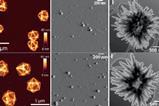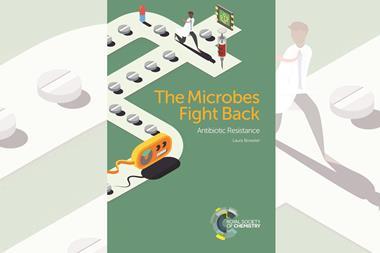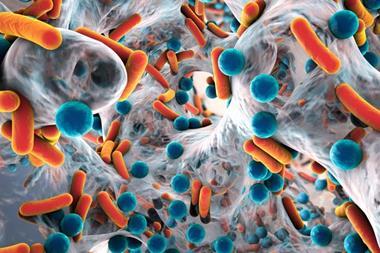Action plan treats human and animal health as interconnected
The European commission has launched a plan to tackle antimicrobial resistance through concrete actions, including stricter monitoring of antibiotic use in farm animals, boosting research into epidemiology and reinforcing cooperation with institutions such as the World Health Organization.
Antimicrobial resistance is a major emerging problem, causing 25,000 deaths and €1.5 billion (£1.3 billion) in healthcare costs per year in the EU alone. Although antibiotic use among European citizens has been on a steady decline over the last 10 years, public awareness remains low – 44% of Europeans are unaware that antibiotics are ineffective against cold and flu.
The commission’s ‘One Health’ plan will address this and other issues by defining 75 objectives around three main topics: making the EU a best practice region, boosting research and innovation, and shaping the global agenda. The plan treats human and animal health as interconnected, focusing as much on decreasing antibiotic use in agriculture as in healthcare. A first document to support the objectives has been released, comprising guidelines for promoting prudent use of antimicrobials targeted at doctors, nurses and pharmacists.
The plan does not specify monetary investments, which might be substantial. In 2016, UK economist Jim O’Neill predicted that $40 billion (£31 billion) over 10 years would be needed to develop new antibiotics.

















No comments yet